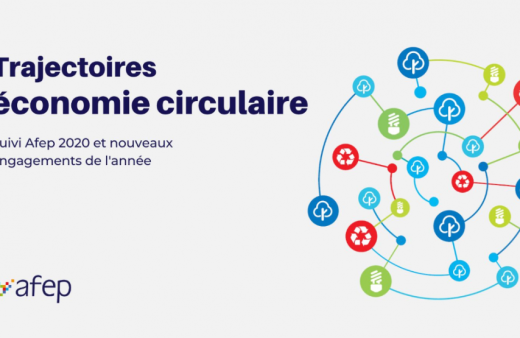Afep Progress Report: Our Commitment to the Circular Economy

Korian has met all its circular economy trajectory commitments according to the new report « Trajectoires Economie Circulaire 2020 » published by AFEP
Faced with the challenges of ecological transition, the circular economy is a major lever mobilised by economic actors to fight against the scarcity of resources and reduce their greenhouse gas emissions (GHG).
Korian is fully committed to this key approach to CSR and our trajectory is particularly well noted by Afep (French Association of Large Companies), in its 2020 progress report on companies’ circular economy trajectories.
The new report published today reports on the progress of the 112 commitments made by major/large companies in 2017, 2018 and 2019 that continued into 2020. In addition, 36 new commitments have been made over the past year. In total, this report concerns 148 commitments in favour of the circular economy that were made by 38 companies from 17 different sectors of activity.
These 148 commitments mobilise all the levers of the circular economy defined by the Agency of the ecological transition (ADEME), in particular: recycling (59%), responsible consumption (55%), sustainable supply (26%) and eco-design (47%).
A 5% reduction in the volume of waste by 2023
With more than 963 sites in Europe, we are working to optimise energy and water consumption as well as waste management in our buildings and properties in order to limit our environmental impact.
The first stage of our commitments, validated by AFEP, consisted in carrying out a complete diagnosis of waste flow management. This was done in 2018 for France, in 2019 for Germany, then in 2020 for Belgium, Italy and Spain. Once this diagnosis had been made, we were able to commit to setting precise waste reduction and flow improvement targets for all countries, with a target of a 5% reduction in waste volumes by 2023.
To achieve this, we have set ourselves the goal of better recycling 5 priority categories of waste: household waste, bio-waste, cardboard/paper, packaging, bulky items; DASRI (waste with infectious risks) being strictly regulated elsewhere.
